By Liana Jacob
THIS BRITISH woman contracted HIV from her drug addict biological mother which resulted in her being BULLIED AT SCHOOL and REJECTED BY DATES – but she is determined to break the stigma surrounding the virus.
Business owner, Channan Warmington Lewis Moore (19) from South East London, UK, was just six months old in 2000 when she was diagnosed with HIV caused by prenatal neglect from her biological mother who was a drug addict.
After living with her biological parents for the first six months of her life, she essentially lived in the hospital for the next six months during which time, she was taken by social services into a foster home. She was put on treatment immediately after her diagnosis to help treat her illness; she wasn’t growing or eating and doctors feared she wouldn’t live long or could be disabled.
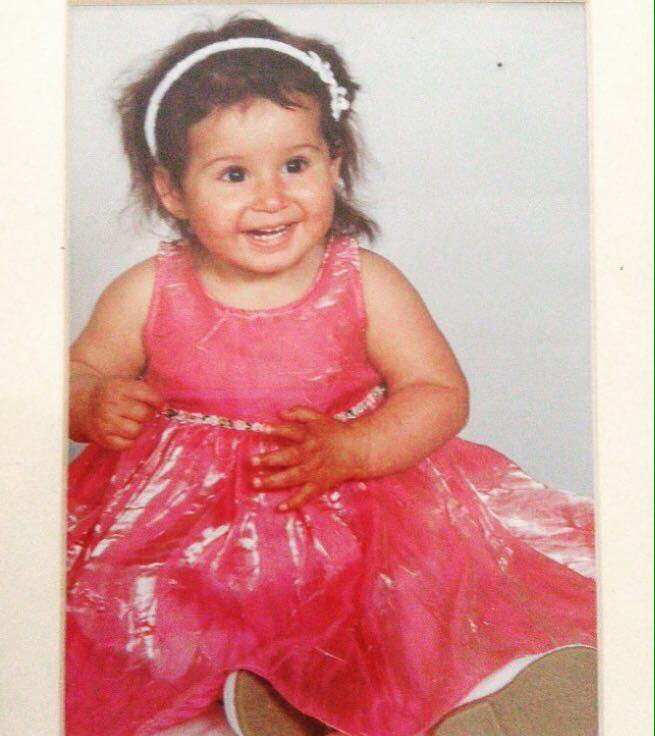
Social services put her in a foster home due to being neglected by her parents and she was fostered by adoptive advocate, Janette Thompson (60), when she was just one and then she adopted her at the age of eight.
Growing up Channan never felt like she missed out on anything in life as she was supported unconditionally by her new family. Janette had also fostered her biological younger sister and older brother. She never knew any different than being hospitalised and having medication all her life, but when she was just six years old, her brother broke the news to her that she is HIV positive after he overheard a conversation between her social worker and her mum.
As she was very young at the time, she was unaware of what HIV was, so she went to her mum who explained in simplistic terms what the illness is. Throughout her years in primary school, Channan was bullied by members of her peer group due to her illness, and also by her brother due to jealousy.
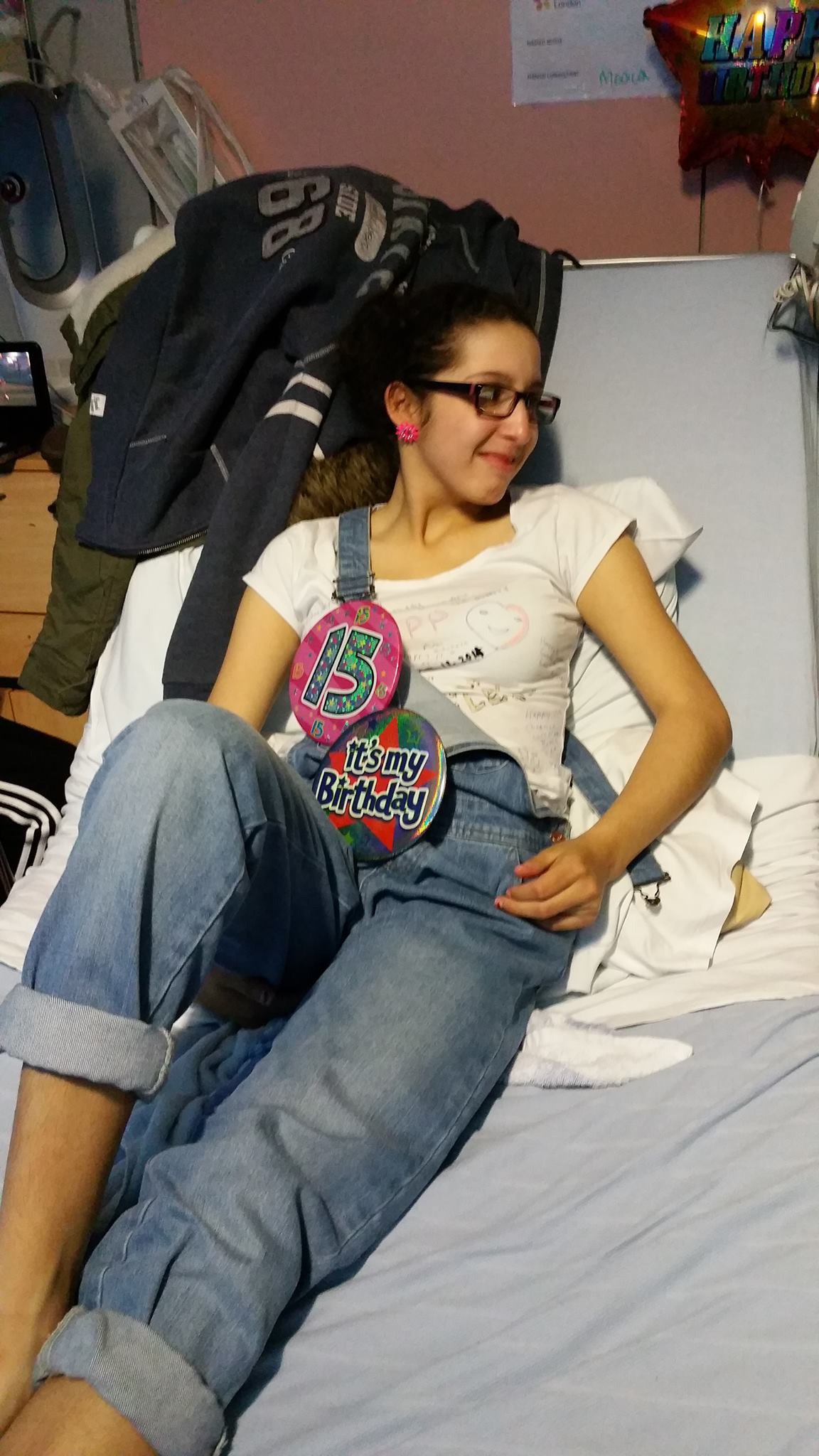
It wasn’t until she was in high school in 2012 that she felt confident enough to speak out about her journey in an assembly and was accompanied by her consultant doctor and support worker. Her talk was followed by a Q&A section where her peers had the chance to ask their own questions.
In 2014, Janette told Channan that her mother had passed away and this provoked anger and frustration with her mother and herself because she didn’t get an opportunity to ask ‘why’.
Once she began studying at college, after attending an all-girls school, she never realised how much her journey and living with HIV would affect her relationships and dating. After being rejected by a potential boyfriend after telling him about her illness two weeks into dating, she decided to be more up front with the men she dated.
“Both of my parents were drug addicts; when my mum was pregnant with me, she refused any prenatal care,” Channan said.
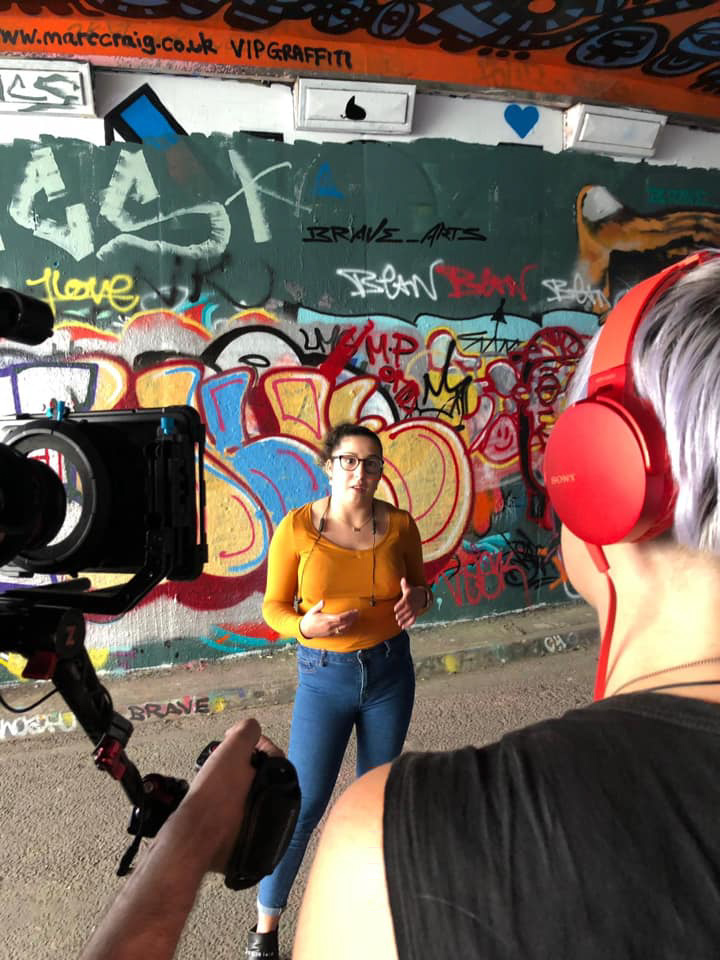
“I was taken from my parents by social services when I was six months old due to neglect. Whilst I lived in hospital for another six months of my life, doctors diagnosed me with HIV, which I contracted at birth from my mum.
“I wasn’t growing or eating and doctors said I wouldn’t be able to walk or even live for very long. I was fostered at the age of one after lots of rejections from foster carers due to me being HIV positive.
“I was bullied in primary school, both physically and mentally because a parent found out about my illness by accident from a teacher that I had HIV.
“She encouraged her son to bully me as she felt I shouldn’t be allowed in school with the virus. I lost all my self-confidence and started running away from school.
“My mum also fostered my little sister and my brother after taking me in her care; my brother is the one who told me I had HIV.
“He listened to a conversation between my social worker and my mum and came back to me, telling me I had ABC disease.
“My brother bullied me at home both physically and mentally at this time, whilst I was also being bullied in school.
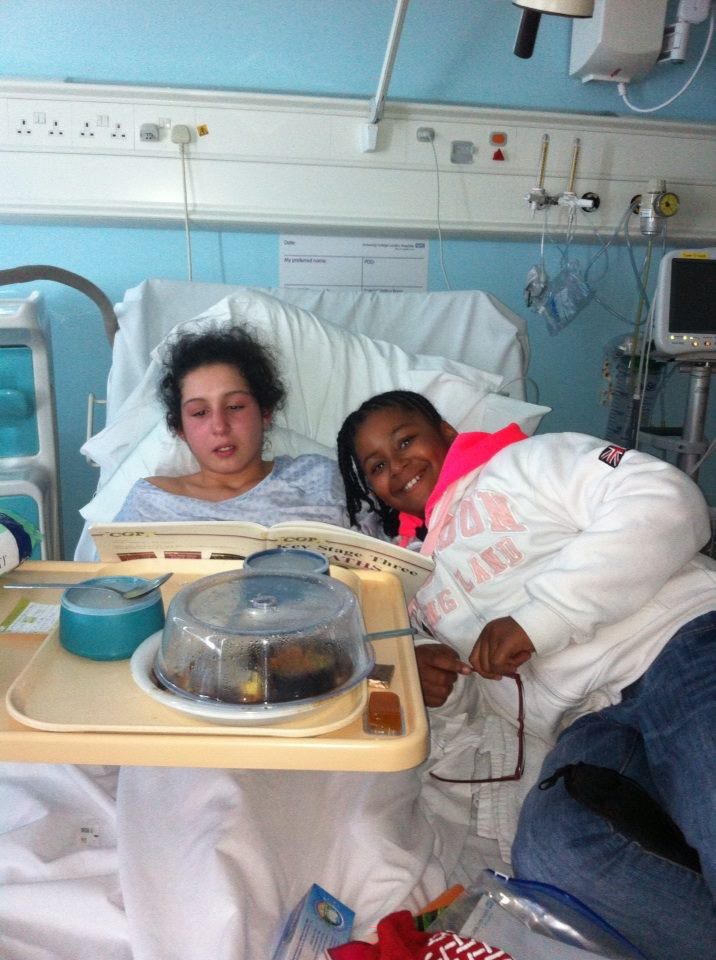
“Since I was so young, I didn’t understand it; that’s when I went to my mum and she told me that I was HIV positive, I had a community nurse who also taught me about HIV and how to take my medication.
“My mum has always been open with me about my health, being adopted, and made me aware of the stigma surrounding the virus.
“My brother moved on, I moved schools. I was always very open with peers at school about living with HIV, because I didn’t understand fully the impact or stigma that existed around my illness.”
In 2014 and 2017, Channan developed complications surrounding her medication whilst on her antiretroviral treatment due to being allergic to quite a few of the drugs and also resistance issues. She consequently suffered from AIDs-related symptoms including pneumonia, shingles and Henoch-Schonlein purpura (HSP).
In January 2018, she had her drugs regulated and now her health has been stabilised. She has organised sponsored walks to raise money for HIV charities and to help raise awareness of the illness.
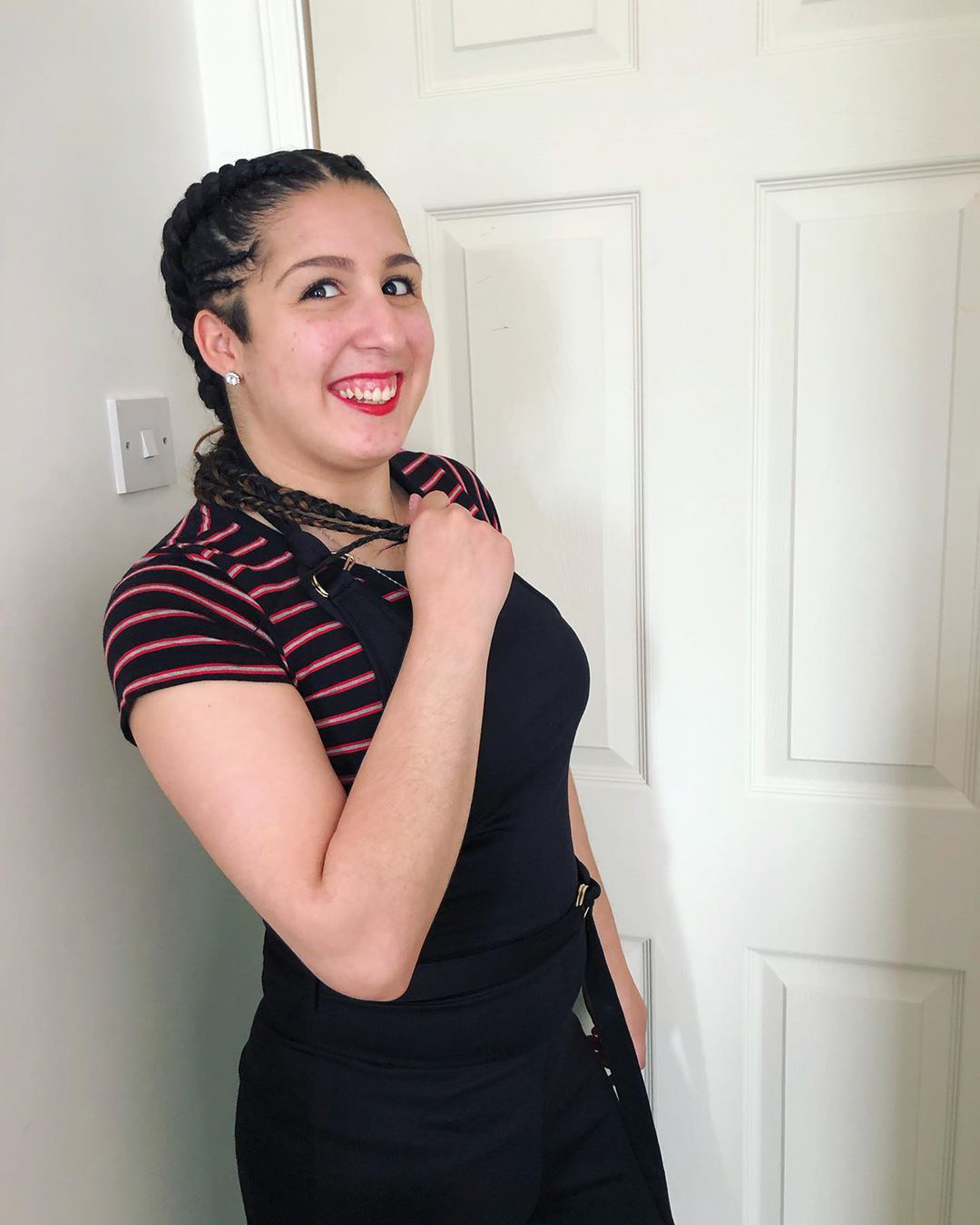
“At the moment I’m on a really good treatment since around January 2018; I’m allergic to other drugs and my body didn’t respond well to the medication,” she said.
“As soon as I started secondary school, my system started to break down; my medication stopped working, I was getting very ill. I would get AIDs-related symptoms like pneumonia, shingles, HSP.
“Doctors had to do desensitisation of the drugs that I was allergic to in order to reduce the affects of the virus and increase my CD4 cell count. As of 2018, they tried different treatments on me and eventually found a combination that worked for me, which fully suppresses my viral load to undetectable.
“As I was always open, I never really understood why anyone would keep it a secret until I started to tell people. I didn’t get much stigma from friends at school, it was only when I was bullied in primary school.
“When I moved primary school, one boy was like ‘eww that girl has AIDs’ and called me names for a few weeks but I never really paid any attention to him, so he stopped.
“After that, I started to be more open about my journey, I did my sponsored walk with the help of my church. They were all very supportive.
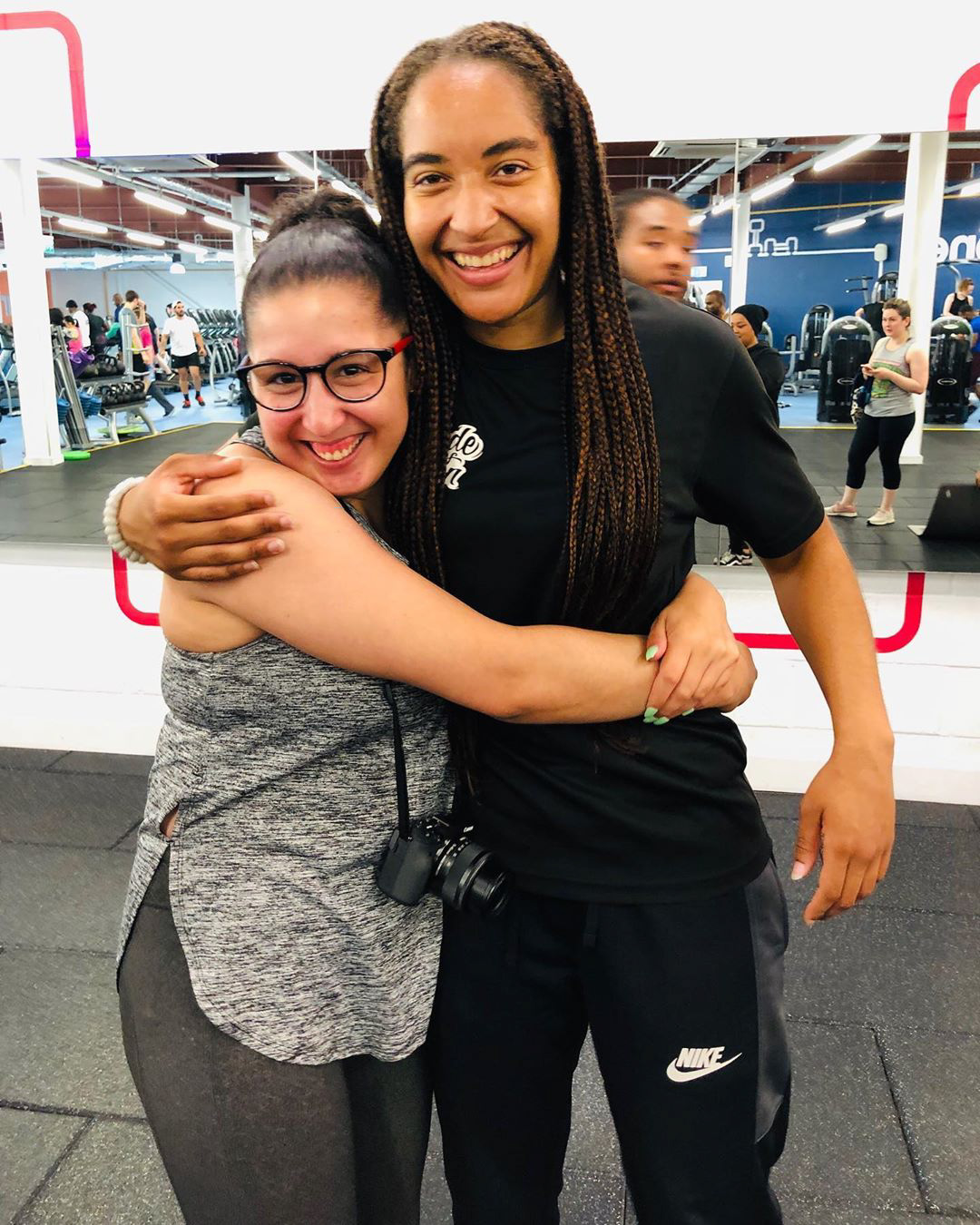
“The next time I disclosed about my illness was in high school in front of my year group in assembly; I wanted to break down the stigma and show that it can affect young people and my consultant from the hospital was there, my support worker came in to do the assembly with me. She has set up a YouTube channel to help distil some myths about HIV and educate the public about the virus.
“There was a Q&A afterwards when people in my year asked me questions. The questions were quite silly but I left the assembly feeling quite confident and I never really got any backlash from it.
“I went to an all-girls boarding school, so when I left school and started meeting boys and dating, I didn’t realise it would be a problem within relationships.
“Guys would block me or once they found out they would call me names and they wouldn’t want anything to do with me because I was HIV positive.
“A lot of the stigma came from the parents and what friends and family would think once they find out about the status of my health.
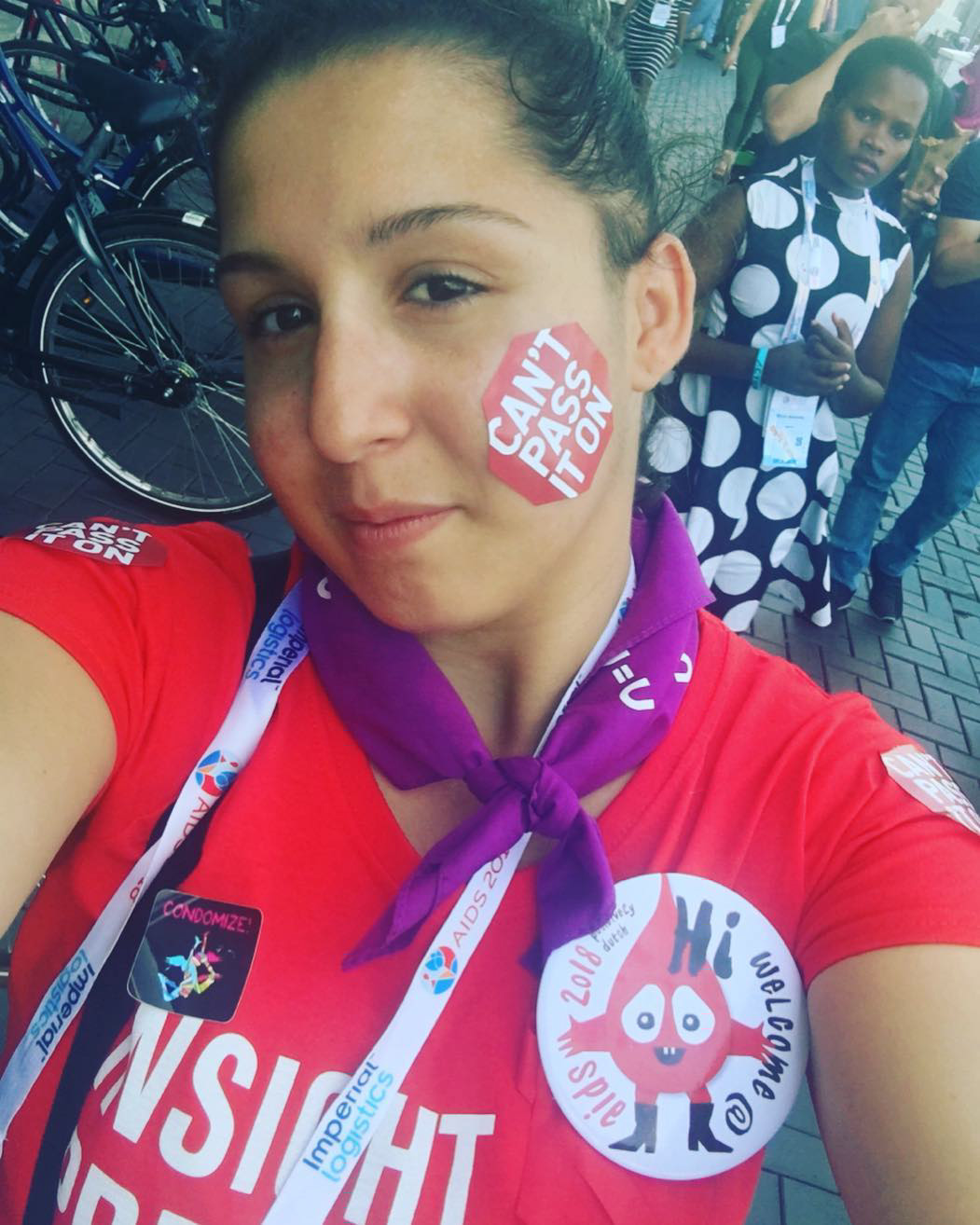
“There was a guy I dated in college for two weeks, then I told him and that’s the first time I realised how it affects and how it creates a problem when it comes to dating and relationships.
“So, I decided to tell guys straight away; with guys I meet online, I tell them straight away when we’re messaging that I’m HIV positive, how I got it and I’m very open with them.
“I do understand their reactions and how their parents feel. But that’s what made me motivated to talk more about my journey and help others know that they are not alone.
“I’ve done a lot mentoring recently for young people, who’ve been newly diagnosed to basically share my story and talk to them about how they feel about their diagnosis.
“I just let them know that HIV is not a death sentence anymore and that if you take the medication properly, you can live a normal life.
“Don’t feel sad or depressed about it, there are people to talk to, there are support groups available, find out from your clinic what is available in your area.
“Reach out to the people closest to you because they will love you forever no matter what you have or what you’ve been through.
“So now, I am going to reach out to you, the public, as I am now suffering from non-epileptic seizures, to show you that there are other illnesses that can arise from having a weak immune system.”






